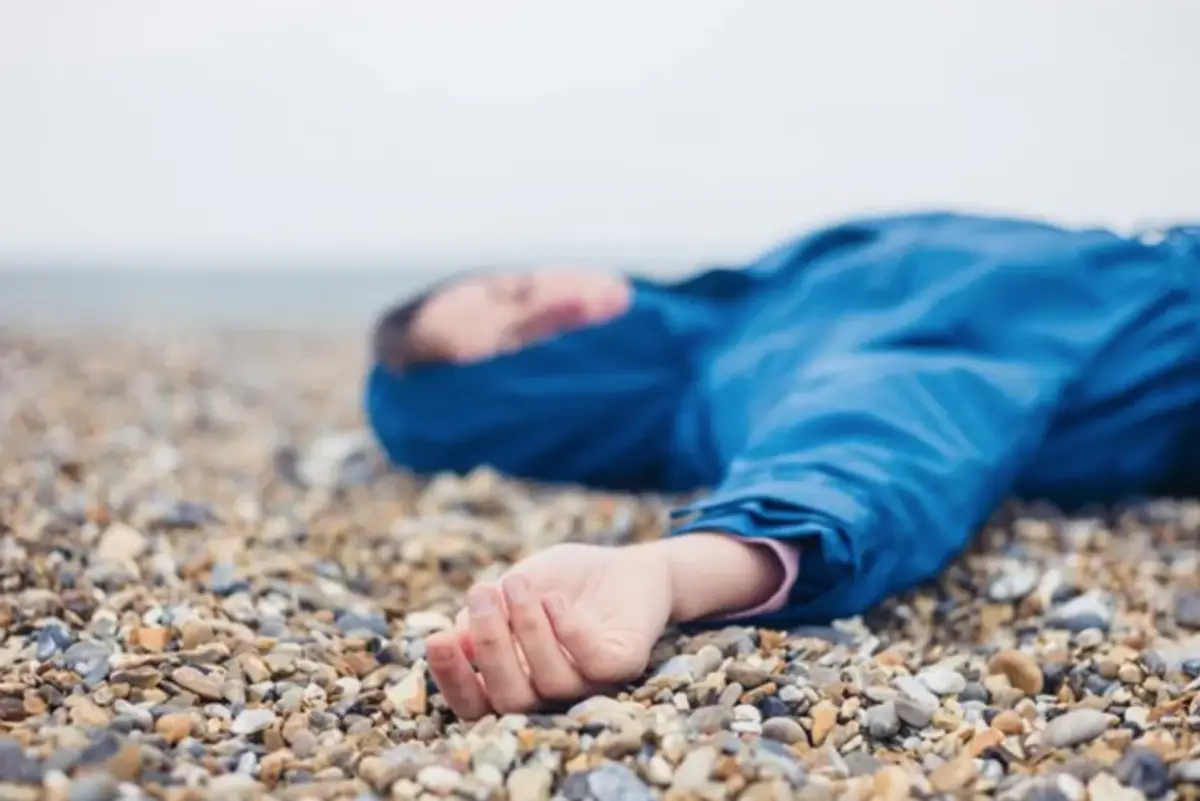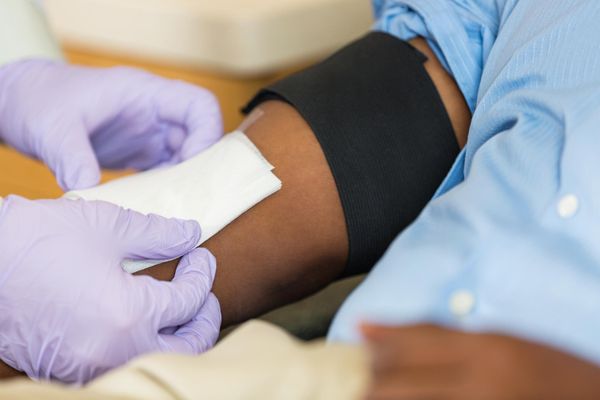In the movies, fainting always bears some drama. Perhaps a woman learns she's pregnant. (Or perhaps her partner is the one who faints!) She falls over, flat on her back or onto her face, in shock. Or maybe she gingerly collapses into the arms of her partner.
In real life, though, fainting (also called syncope) isn't typically quite like it is on the big screen. Fainting is a sudden loss of consciousness due to a lack of blood flow to the brain. It can happen to both kids and adults at any age.
Since the brain isn't getting enough blood flow to stay conscious, the brain stops sending signals to the muscle cells. Muscles lose their tone, and the body collapses. It can look like anything from a shake to a tremble, shudder or seizure.
Fainting is usually a temporary and momentary event. People typically wake up quickly after fainting because more blood flows to the brain after you fall or lie down.
Though fainting does happen suddenly, most people experience some common signs and symptoms in the moments before they pass out. Some common ones include:
- confusion
- lightheadedness or dizziness
- nausea
- slow pulse
- blurred or tunnel vision
- sudden difficulty hearing
- confusion
- sweating
- frequent yawning
- pale, sweaty or flush color
- feeling hot
- weakness
- shortness of breath
- headache
- hyperventilating
- a bluish tint to the skin
- shaking or trembling
- seeing spots in front of your eyes
When to call 911
Most people don't experience harmful consequences when they faint, unless they hit their heads or otherwise injure themselves when falling.
However, sometimes fainting can signal a medical emergency such as a concussion, heart attack, stroke or seizure.
After someone has fainted, call for emergency help if the person:
- has diabetes
- is pregnant
- is over 50 years old
- fell from a height
- is bleeding or injured
- is unconscious for more than a minute
- can't clear his throat or cough
- has chest pain, discomfort or pressure
- has an irregular or pounding heartbeat
- has difficulty speaking or can't speak
- is confused
- has tingling or numbness
- can't feel or move a limb
Common causes
Some of the most common and less serious reasons that people faint include:
- standing for a long time
- standing up suddenly
- low blood sugar (hypoglycemia)
- use of certain drugs (such as ones to lower blood pressure or certain antipsychotic drugs)
- pregnancy
- migraine
- hyperventilation
- anemia
- increased pressure in the chest (caused by issues like straining to pass stool or urine or coughing)
- pain, fear or another strong emotion
Preventing fainting
If you think you're going to faint, you can take measures to try to prevent it from happening:
- Sit with your head lowered between your knees. It will help blood circulate to the brain. Move slowly to an upright seated position. Then stand.
- Lie down if possible. This will help blood circulate to the brain. Once you feel better, stand up again slowly. Move from a sitting position to a standing one.
- Maintain blood circulation. If you have to stand or sit for a while, occasionally tense your leg muscles or cross your legs. This process will help improve blood flow to the heart and brain. Also avoid environments that are cramped, stuffy or overheated.
- Keep hydrated. Drink plenty of fluids. That's especially important if you're playing a sport or it's hot outside.
- Understanding Preeclampsia During Pregnancy - HealthyWomen ›
- High Blood Pressure - HealthyWomen ›
- Did You Know There Are Early Warning Signs for Hypertension? - HealthyWomen ›







